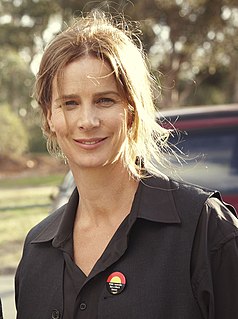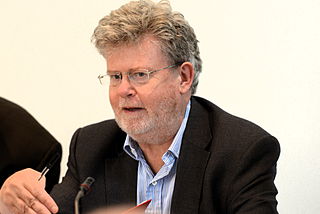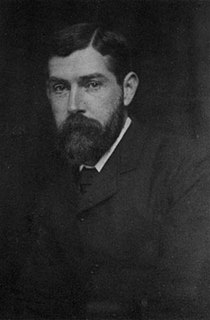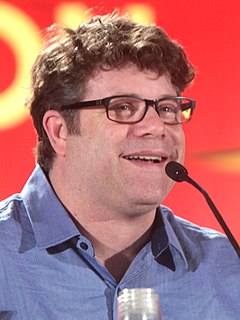A Quote by Susie Bright
There is more criticism of puritanism, and more distance from Christian morality, than there has been before.
Quote Topics
Related Quotes
Although I'm not Christian, I was raised Christian. I'm an atheist, with a slight Buddhist leaning. I've got a very strong sense of morality - it's just a different morality than the loud voices of the Christian morality.... I can't tell you how many films I've turned down because there was an absence of morality. And I don't mean that from any sort of Judeo-Christian-Muslim point of view. I'm not saying they're wrong and can't be made. But, fundamentally, I'm such a humanist that I can't bear to make films that make us feel humanity is more dark than it is light.
It is impossible for us, who live in the latter ages of the world, to make observations in criticism, morality, or in any art or science, which have not been touched upon by others. We have little else left us but to represent the common sense of mankind in more strong, more beautiful, or more uncommon lights.
I don't have a very high opinion, actually, of the world of criticism - or the practice of criticism. I think I admire art criticism, criticism of painting and sculpture, far more than I do that of say films and books, literary or film criticism. But I don't much like the practice. I think there are an awful lot of bad people in it.
Once one has realized, following the great English literary visionaries William Shakespeare and Thomas Nashe, that sexual puritanism, political disciplinarianism, and abuse of the poor are the result of the refusal of true Christianity ... one is led to articulate a more incarnate, more participatory, more aesthetic, more erotic, more socialized, even a more 'Platonic' Christianity.
Beyond fashion and its demands, there are higher and more pressing laws, principles superior to fashion, and unchangeable, which under no circumstances can be sacrificed to the whim of pleasure or fancy, and before which must bow the fleeting omnipotence of fashion. These principles have been proclaimed by God, by the Church, by the Saints, by reason, by Christian morality.
I think morality is more important than ever before. As we gain more power, the question of what we do with it becomes more and more crucial, and we are very close to really having divine powers of creation and destruction. The future of the entire ecological system and the future of the whole of life is really now in our hands. And what to do with it is an ethical question and also a scientific question.
That the religious right completely took over the word Christian is a given. At one time, phrases such as Christian charity and Christian tolerance were used to denote kindness and compassion. To perform a "Christian" act meant an act of giving, of acceptance, of toleration. Now, Christian is invariably linked to right-wing conservative political thought -- Christian nation, Christian morality, Christian values, Christian family.
The United States of America are more of a concept than a historically evolved geographical conclusion, compared to European countries. I find this extremely interesting. Europe seems objectively more progressive and more civilized at a time when the U.S. is entering a regressive, oppressive, totalitarian era. You've got racial issues, the endurance of Puritanism, other seriously anachronistic religious fanaticisms, and it's all linked to conservatism. Despite all the unresolved deep-seated problems, the U.S. is still a country where it's less important where you come from than what you do.





































